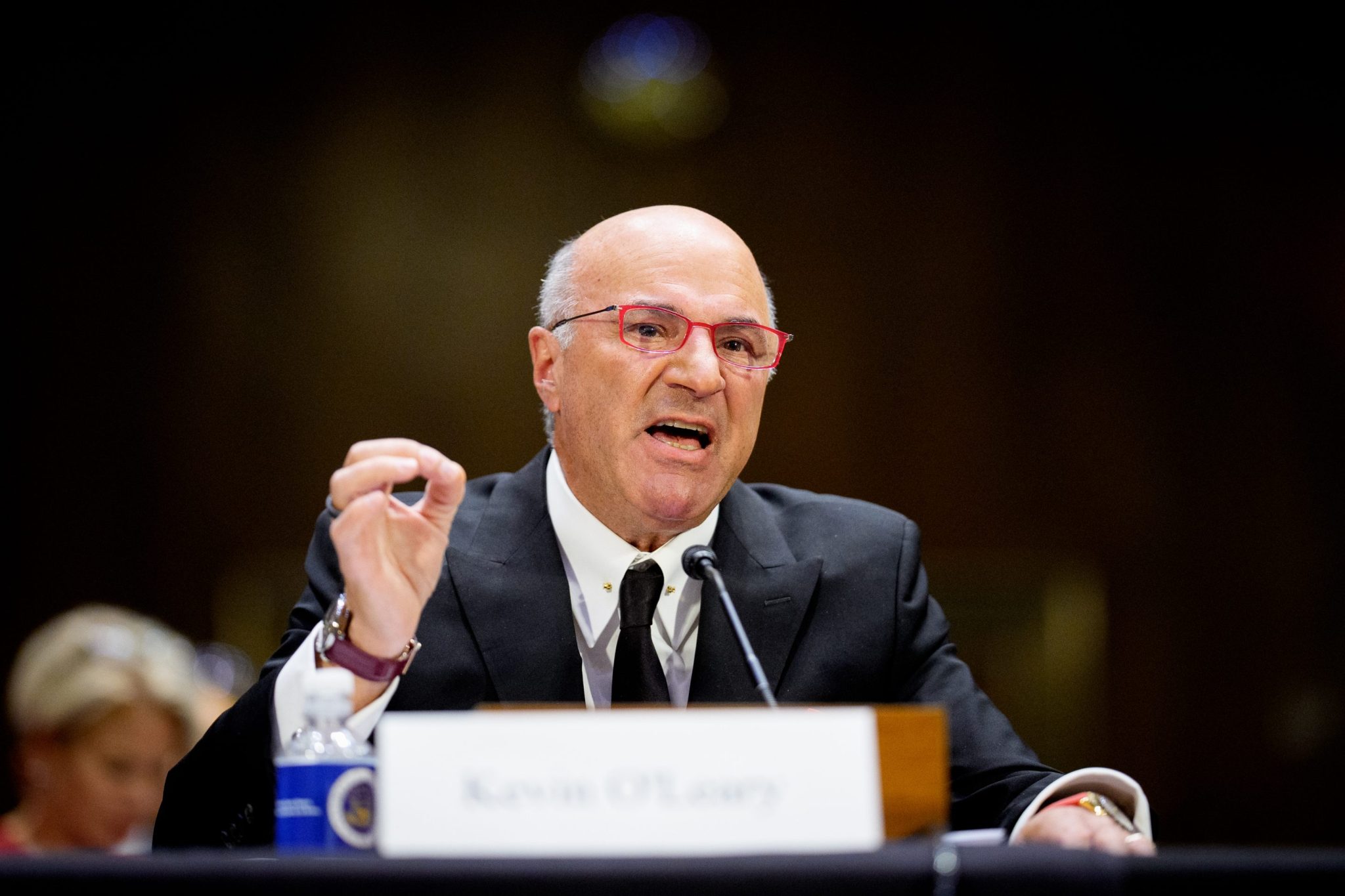- Millionaire Shark Tank judge Kevin O’Leary isn’t a fan of the shift to a four-day workweek, laughing off the idea in a recent Fox News appearance. Instead, he said in today’s modern workplace, everything is project-based, and tasks need to be completed by their deadline: “There’s no such thing as a workweek anymore.”
If you have dreams of never working Fridays again, you may want to lower your expectations—at least if you work for Mr. Wonderful.
Shark Tank star Kevin O’Leary, who’s known for his blunt communication style, was asked about a growing trend among workers for a four-day workweek. It’s something that France, in particular, is exploring, on top of already capping work at 35 hours.
“That’s the stupidest idea I have ever heard,” O’Leary told Fox News.
“I think we should let the French go to a two-day workweek and then kick their ass internationally.”
At the same time, the 70-year-old acknowledged that the traditional 9-to-5, five days a week work schedule is not what it used to be. In fact, with 40% of his staff working remotely around the world, he admitted he doesn’t care when his staff does their work—as long as it gets done on time.
“There’s no such thing as a workweek anymore anyway on a digital economy, post-pandemic,” he added.
Fortune reached out to O’Leary for comment.
The turning tide on a 4-day workweek
For workers, a four-day workweek is more than just about having a longer weekend; it’s about providing extra flexibility and work–life balance, while also minimizing burnout. In fact, some 77% of workers say a four-day workweek, even if it still means working 40 hours, would have a favorable impact on their wellbeing, according to a survey by Gallup.
At Exos, a performance coaching company with over 3,500 employees, a four-day workweek was implemented, and the results were largely positive. Teams were allowed to take one day as a “You Do You” day, and productivity increased by some 24%. Burnout was cut in half.
Other business leaders have started paying attention, too. About 30% of CEOs are now considering new organization-wide work schedule shifts, like a four or four-and-a-half-workweek, according to a KPMG survey of 100 CEOs of U.S. companies with over $500 million in revenue.
Earlier this year, the Tokyo Metropolitan government began allowing its employees to work only four days a week in an attempt to help alleviate its growing population crisis and allow parents to better balance childcare and work.
The governor of Tokyo, H.E. Yuriko Koike, told Fortune at the Most Powerful Women International summit in Riyadh that a four-day work is key to building a modern workplace.
“We must build a society where everyone can balance work and family life, and one step forward is the four-day workweek,” she said. “Flexible systems like this allow both women and men to choose a work style that reflects their circumstances.”
Sharks’ advice for surviving the modern workplace
O’Leary isn’t the only shark eager to share his opinions on hot-button topics affecting the workplace. Daymond John recently posted to TikTok to express his thoughts on a growing trend of “loud quitting.”
“You see a bunch of people loud quitting, you better pay attention to what’s going on with your staff and your team, because you awoke so much emotion that these people have collectively started saying ‘I don’t care what happens to me, [and] out publicly, this place sucks,’” John said, adding that he thinks “that’s absolutely amazing.”
For workers simply looking for a raise, self-made millionaire Barbara Corcoran shared her thoughts earlier this year.
“You want to prepare for the meeting by making a list of everything you are hired for and then everything you are actually doing right now and share that with your boss,” Corcoran said in an Instagram post.
“Don’t go in there and say you want a raise,” she added. “Say you want a 10% raise and you’re in a much better negotiation position to maybe get 8%. Name the number.”
This story was originally featured on Fortune.com

